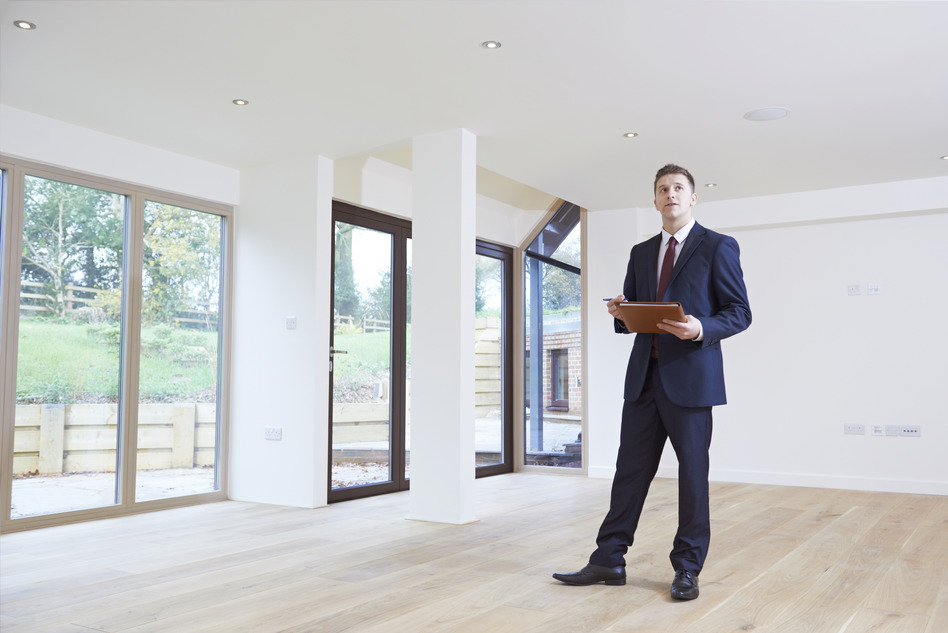What makes this an especially pertinent question today?
- a quarter of all businesses in the UK have had to close down during the current coronavirus crisis, revealed the Independent newspaper on the 16th of April 2020. If you own the property from which the business operated, therefore, it is lying empty and unoccupied;
- at a time when households are encouraged by the government to put on hold any plans to move home, you might be a landlord with an unexpected, unwelcome, and extended void. Your let property remains vacant until you can arrange a new tenancy;
- if you own a second home or holiday cottage, you have been instructed to remain in your main place of residence and not visit such a property – whether to self-isolate or for a holiday – warned the New Statesman magazine on the 8th of April. It, too, remains empty and unoccupied for the duration; or
- if you have an interest in a property that is subject to probate, no one is likely to move in and it is going to remain unoccupied for at least the foreseeable future.
Unoccupied property insurance
Staying on top of your unoccupied property during these difficult times means that you need to pay special attention to keeping it safe and protected. And that means maintaining suitable insurance.
The problem is that practically any kind of property insurance – whether it’s a commercial property, a buy to let property, a second or holiday home, or one currently subject to probate – has cover which becomes severely restricted, or may lapse altogether, once it has been unoccupied for longer than 30 to 45 consecutive days (the exact period is likely to vary from one insurer to another).
In some cases, for example, during such periods of vacancy, the policy may revert to what is frequently termed basic FLEA cover – standing for cover against Fire, Lightning, Earthquake, and Aircraft impacts.
In other cases, the cover may lapse completely.
As we explained in a previous posting, insurers take this action because of the increased risks faced by an unoccupied property – risks from intruders or otherwise minor incidents requiring repair or maintenance becoming major crises.
To restore the full cover that your empty property continues to need, therefore, specialist unoccupied property insurance is required. The maintenance of adequate cover may be a particular requirement of any mortgage lender with an interest in the property.
Playing your part
Even with unoccupied property insurance in place, you still have a responsibility for staying on top of your empty property by mitigating any risks.
This might mean arranging regular visits and inspections of the property. These may be on a formal basis by professional building management and security companies or through informal arrangements with friends, neighbours, or relations. Indeed, at a time when non-essential travel remains banned, keeping an eye on your unoccupied holiday home may require the intervention of someone who lives close by.
In addition to reviewing and updating any security on the property, you might also take common-sense measures to mask the fact that it is empty and unoccupied. Arrange for any deliveries to be taken promptly indoors, for example, cancel routine orders, or install remote-access cameras and surveillance systems.
Further reading: Guide to unoccupied property








